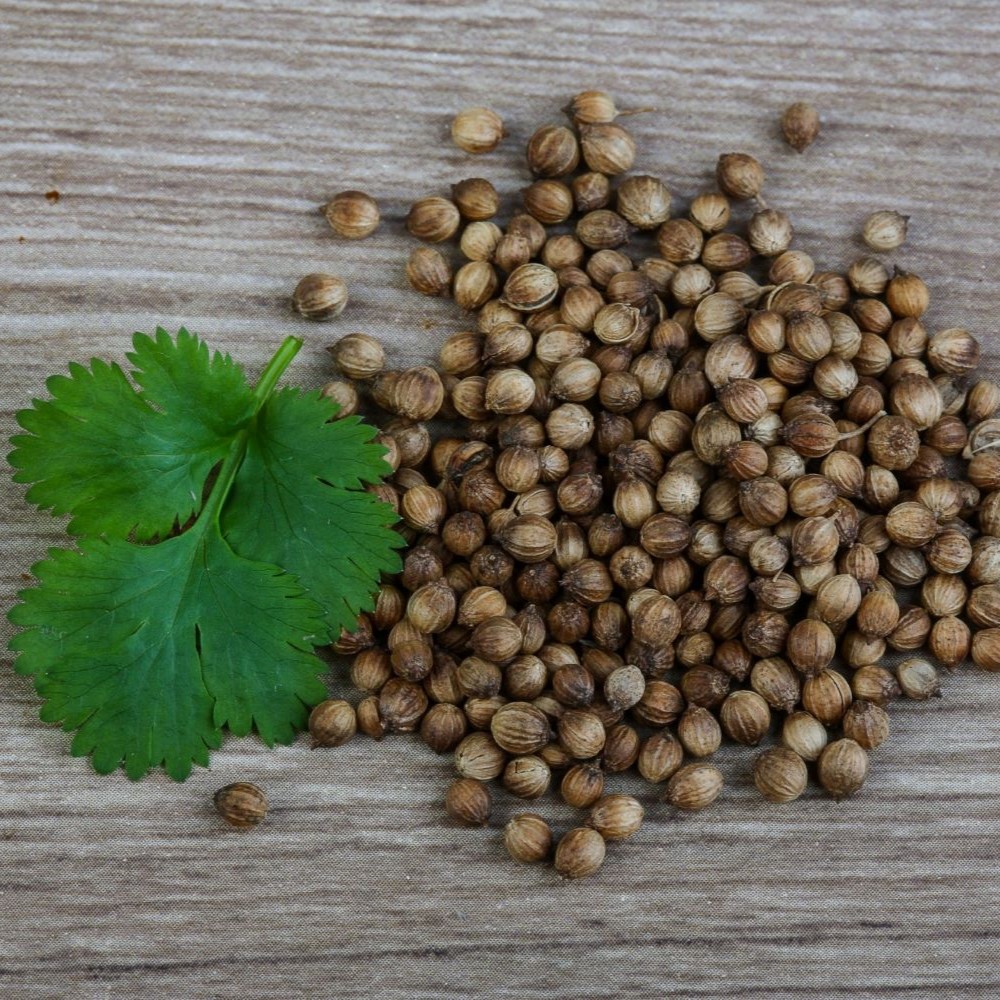Description
Botanical Name: Zingiber officinale
Common Names:
- Ginger Root
- Adrak (Hindi)
- Sheng Jiang (Chinese)
Forms:
- Fresh Root: Used in cooking, teas, and juices.
- Dried Ginger: Ground into powder for spices and supplements.
- Ginger Oil: Used in aromatherapy and as a flavoring agent.
- Ginger Paste: Used in cooking for ease of use.
Origin:
- Native Region: Southeast Asia, primarily India and China.
- Cultivation: Widely cultivated in tropical and subtropical regions, including India, China, Indonesia, and Nigeria.
Nutritional Benefits:
- Rich in Gingerol: Provides powerful antioxidant and anti-inflammatory effects.
- Vitamins and Minerals: Contains vitamin C, magnesium, and potassium.
- Dietary Fiber: Aids in digestion and gut health.
Health Benefits:
- Digestive Health: Eases nausea, bloating, and indigestion.
- Anti-inflammatory: Reduces inflammation and pain, particularly in conditions like arthritis.
- Boosts Immunity: Helps fight off infections and supports the immune system.
- Respiratory Health: Relieves symptoms of cold, cough, and respiratory issues.
- Blood Sugar Regulation: May help in lowering blood sugar levels and improving heart health.







